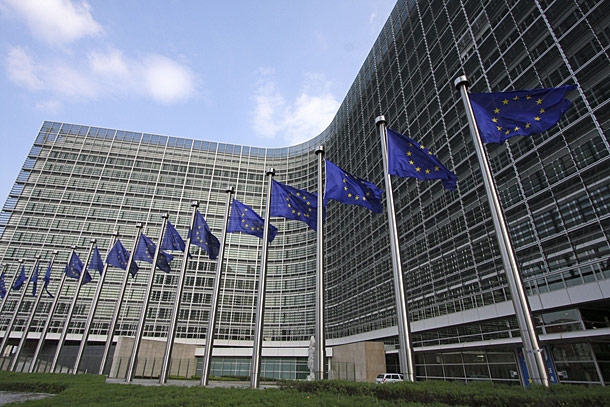After months of contentious debate, American and European officials have hammered out a new trans-Atlantic data transfer agreement, dubbed the EU-U.S. Privacy Shield, a formal version of an agreement made early last month. But, despite the fact that the new agreement holds companies and the U.S. government to stricter rules regarding how they move individuals’ digital data — including social media posts, search queries and e-commerce purchases — from the E.U. to the United States, not everyone is happy with the new pact.
The New York Times notes that, although the European Commission, the executive arm of the European Union, has officially approved the new agreement, it still faces ratification by European Union member states, all of which are concerned about privacy rights. In a separate move, the EU issued a separate document calling on the United States to strengthen its domestic privacy rules.
“The challenge was to show Europe how our system works, because we don’t have a single overriding privacy law,” said U.S. commerce secretary Penny Pritzker.
Whether that has been demonstrated sufficiently remains to be seen. In Europe, several groups have already said they plan to sue, and other privacy advocates say the deal “doesn’t offer Europeans sufficient protections.” Also not yet giving approval is Europe’s national data protection authorities.
“The new Privacy Shield framework appears to amount to little more than a re-marketed version of the pre-existing safe harbor decision, offering little more than cosmetic changes,” opined German politician Jan Philipp Albrecht.
At risk are the biggest American tech companies, which, says NYT, “face intensifying scrutiny by European regulators, with pressure that could potentially curb their sizable profits in the region and affect how they operate around the world.”
“Restoring trans-Atlantic trust is crucial to businesses,” said Digital Europe director general John Higgins, whose trade group members include Google and Microsoft. “We welcome progress towards the adoption of the EU-U.S. Privacy Shield Adequacy Decision.”
To ease ongoing concerns, American officials have outlined new checks on companies and government agencies seeking European digital information. Secretary of State John Kerry also wrote a letter to European justice commissioner Vera Jourova describing how an ombudsman would be the new “first point of contact” for Europeans — who will also have new legal powers — to go after companies or the U.S. government if they believe their data is misused.
U.S. intelligence agencies will also be bound by stricter limits on what digital data they can retrieve from Europeans. Whether these arguments are convincing remain to be seen.


No Comments Yet
You can be the first to comment!
Sorry, comments for this entry are closed at this time.